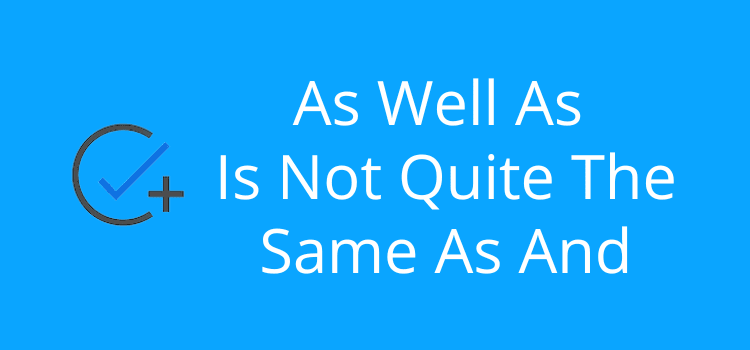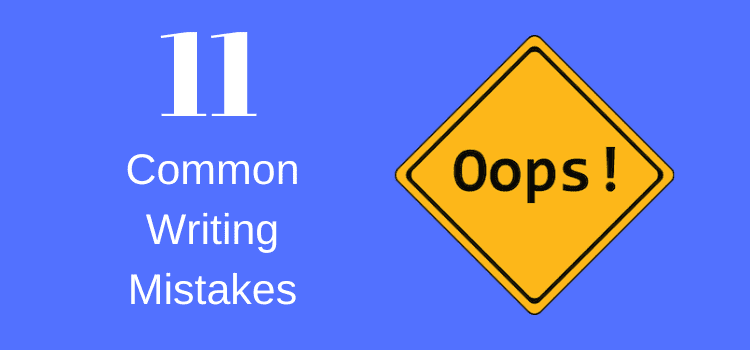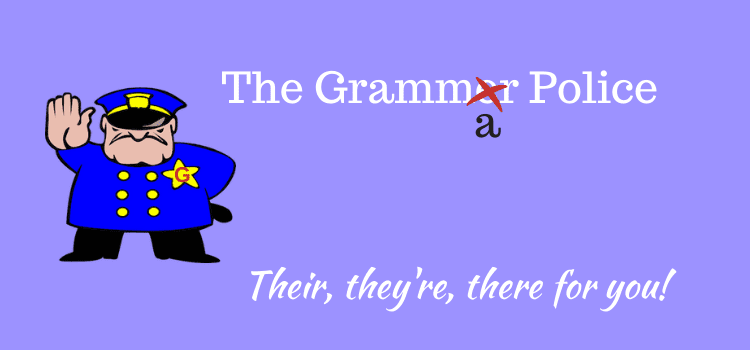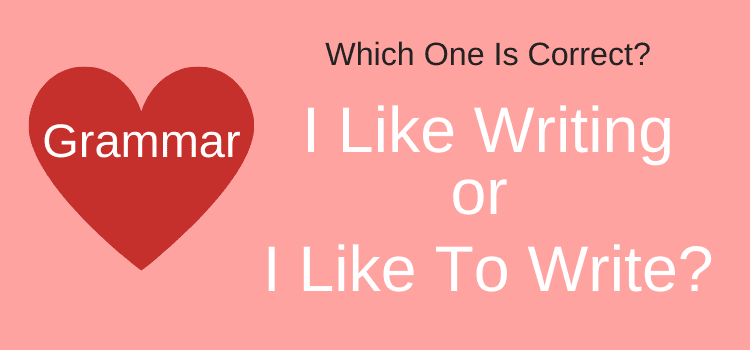
When you check a thesaurus, the conjunction AND is usually in the list as an AS WELL AS synonym.

But it is a little misleading because it is often not possible to interchange these words in a sentence.
Generally, and indicates items or things of equal value while as well as introduces an addition, but almost always of lesser value.
The choice between as well as or and
The simple way to think about these two ways of indicating addition is to look at what they do.
When you use and, you are saying that every item in the list is of equal importance or weight or is always true.
The flag is red, white, and blue.
After we finish band practice on Monday evenings, Bob always orders a cheeseburger, fries, and a strawberry shake.
In the examples above, the three list items in each sentence are equal. It’s not possible to say one is more or less important.
When you can grade or add emphasis to items, then as well as is a possibility.
My friend Paul has two dogs, as well as a canary.
You could also say that Paul not only has two dogs but also a canary.
It’s clear that the two dogs are the main pets.
The canary, in this case, seems to be of less importance.
When you can only use and
1. In a list of items.
When you have a list of items of equal value, you use and before the last item.
On my way home, I need to buy butter, eggs, milk, and bread.
2. When stating a sequence in a logical order.
Events in a sequence usually hold equal value, as one cannot occur without the other.
He trained hard for a few days, slept well the night before, and won his match.
3. To indicate time.
When talking about time in relation to events, and is the only possibility.
I get up early, have breakfast, then shower, and leave for work before seven.
4. Cause an effect
Because you can’t have one without the other, each element is equal.
I drank too much last night, and now I have an awful hangover.
When to use as well as
In this case, you are adding an extra item or information.
However, it will always be of lesser value than what comes before it.
In other words, its best use is for additional information that is not essential.
He was a famous musician and composer as well as an avid photographer.
We enjoyed our two weeks in London and Berlin, as well as our quick stopover in Singapore on the way home.
According to the Chicago Manual of Style, the comma before the as well clause is not always necessary.
When there are only two elements, it’s sometimes possible to choose and or as well as.
I like tennis as well as badminton.
I like tennis and badminton.
The first sentence says that tennis is more important, and the two sports are equal in the second.
Beware of singular and plural verbs
One grammar point to check is when you use either conjunction in the subject of a sentence.
And makes the subject plural, but it remains singular when you use as well as.
Mary and Martin work in a bank in Paris. (Plural verb)
Mary, as well as Martin, works in a bank in Paris. (Singular verb)
In the first sentence, Mary and Martin are equal subjects of the sentence, so the verb is plural.
However, in the second, Mary is the only subject, and Martin is mentioned purely as added information.
Ing verbs after as well as
When you use lists of verbs, be careful to choose the correct form of the last verb.
Because as is a preposition, when a verb follows it, it is always in the gerund or ing form.
Luke likes to write, listen to music, and play guitar, as well as caring for his balcony garden.
However, this can cause problems with parallel construction. It’s sometimes better to rewrite a sentence.
Luke likes writing, listening to music, and playing guitar, as well as caring for his balcony garden.
Summary
Quite a few articles and dictionary entries I read while researching this topic said that these two conjunctions are not exact synonyms.
That’s true if you use a red, white, and blue flag as an example.
It’s nonsensical to say a red and white, as well as blue flag.
However, I have to say that dictionaries and thesauri can differ in opinion.
It’s a matter of context and meaning; in some cases, it is possible to use either and or as well as.
In most situations involving lists, it’s probably better to use and before the last item so you can keep things clear and straightforward for your readers.
But occasionally, if you want to add additional or less important information, then as well as will do the job for you.
Related Reading: Do Usually And Normally Share The Same Meaning?
Share This Article



I’m not sure that I agree with your thought that the first is more important than the second in an ‘as well as’ statement. It may depend on context, or inflexion,
Taking the dogs, for example. If you’ve been talking about canaries, the “I have two dogs, as well as canaries” is merely informative. There is no implication, necessarily, that the dogs are more important.
I’d say the same about tennis and badminton. Most often I’d expect the person to be better known for badminton, for example, if they said “I play tennis as well as badminton.”
But one thing is certain. A thesaurus gives you an idea of other options to choose: you have to make sure you understand the right context for your choice. I use ‘look’ too much in my writing, and I often do a thesaurus revision before I start my search and replace. I’d look pretty silly if I exchanged ‘appearances’ with someone, or threw them a ‘glance’.
An excellent and helpful post, Derek. Thank you for clearing it up.